There are many different types of government. There is democracy, which literally means rule by the people. There is autocracy, which means government by one person with absolute power, such as a monarch or dictator. There is also oligarchy, which means rule by a small number of extremely wealthy and influential people.
A lesser-known – but unfortunately common – form of government is pathocracy, which literally means government by people with personality disorders. In most cases, this means people with psychopathy or narcissistic personality disorder.
I have written about pathocracy in a series of posts on this blog over the last year or so. The concept was originally developed by Polish psychologist Andrew Lobaczewski, who grew up under the Nazi occupation of Poland, and then experienced the Soviet regime of Stalin. Lobaczewski devoted his career to studying the relationship between personality disorders and politics.
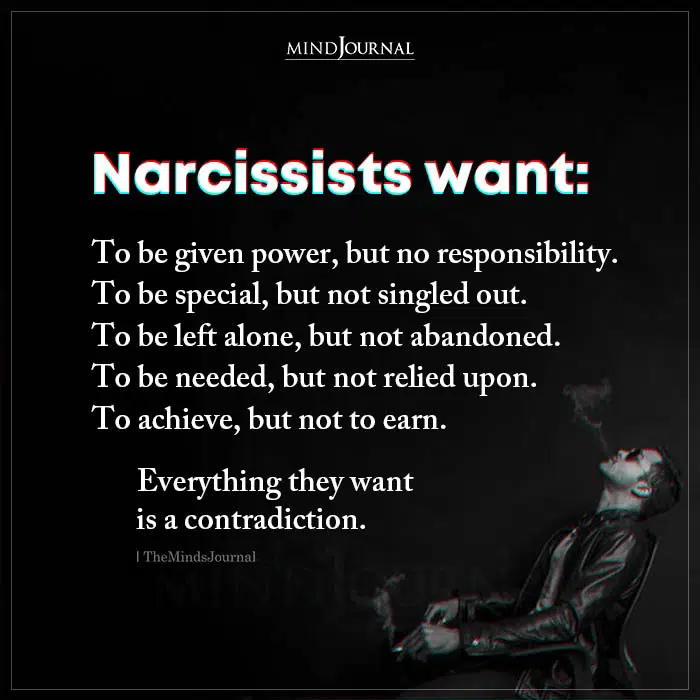
He concluded that individuals with disorders such as psychopathy and narcissistic personality disorder are strongly attracted to power and often constitute the governments of nations. He defined pathocracy as, ‘a system of government created by a small pathological minority that takes control over a society of normal people.’
In my earlier posts, I suggested that there was a danger of the United States government becoming a pathocracy. I think it is safe to say that this has now transpired. Even before Trump became president, a large number of American psychologists, psychiatrists and other mental health professionals stated their belief that the president has a disordered personality. Most recently, the president’s niece, Mary Trump – a clinical psychologist – has stated that the president suffers from malignant narcissism, and possibly other conditions such as sociopathy and dependent personality disorder.
Pathocracy is not just about individual leaders, though. Once a disordered leader takes over a country, responsible and moral people gradually leave the government, either resigning or being ejected. It’s just a matter of time before the whole government is filled with ruthless people with a severe lack of empathy and conscience.
Pathocracies arise because people with psychopathy and narcissistic personality disorder have a strong desire for power. Moral and empathic people may gain positions of power due to merit and ability, but they don’t feel the same intense drive for power as psychopaths and narcissists. Narcissists and psychopaths push themselves into positions of power in the most ruthless and brazen way, propelled by a need for authority, attention, and wealth. In this post, I would like to explain where this drive for power comes from.
Related: The Difference Between Narcissism And Confidence
Extreme Separation
One of the reasons why personality disorders interest me is because they are the polar opposite of ‘spiritual’ states. Spirituality is essentially about connection. It’s about transcending self-centeredness and feeling connected to other human beings and to the natural world. This sense of connection generates a sense of concern and compassion for other beings, and a sense of responsibility towards the human race and the world in general.
As I showed in my book The Leap, spiritually developed people don’t feel the drive to accumulate wealth, power, and success. They have no desire for personal gain because they don’t feel a sense of lack. Their sense of connection means that they feel part of the world, and content to live in it, on an equal basis with other people.
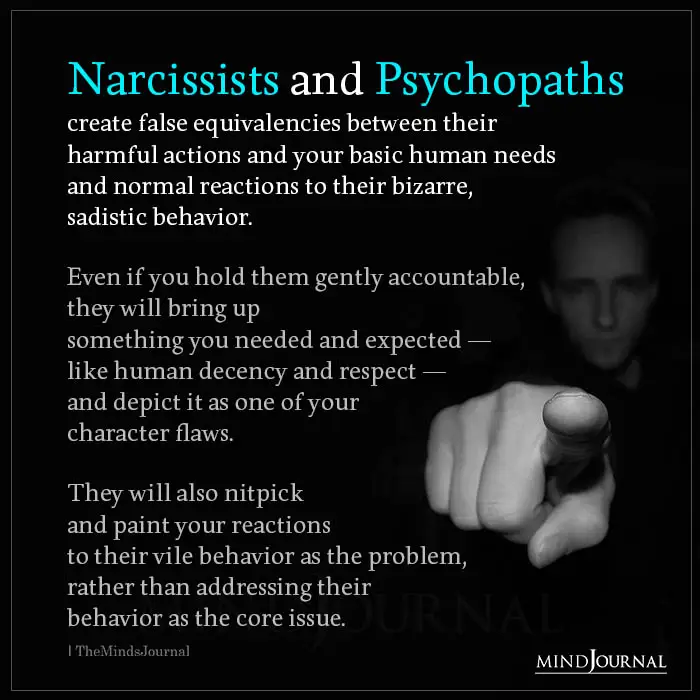
People with psychopathy or narcissistic personality disorder experience the world in a completely different way. They live in a state of intense separation or disconnection. They are trapped inside their own mental worlds, like prisoners in solitary confinement, alone with their own impulses and desires.
They can’t sense other people’s feelings or see the world from other people’s perspectives. The world outside their own minds is a shadowy, unreal place towards which they feel no responsibility. Everything takes second place to their own needs and impulses.
This is why psychopaths and narcissists are prone to self-delusion. They are so immersed in their own subjective world that their own thoughts and desires seem as real to them as the world itself. So when events seem to conflict with their desires and thoughts, they refuse to accept the actuality of the events. They ignore any negative information that contradicts their own preferred vision of reality.
As a result, disordered leaders are usually very poor at responding to crises, since they are reluctant to face up to their actuality. This became an issue with Hitler once the allies began to gain the upper hand during the Second World War. He refused to accept failure and danger, clinging to bizarrely unrealistic hopes, and consequently made many poor decisions. This has also been an issue in President Trump’s responses to the coronavirus pandemic.
The Impulse To Attain Power
The extreme sense of separation of psychopaths and narcissists is also the root of their strong desire of power. As I pointed out in my book The Fall, the desire for power and wealth stems from a sense of lack. Because they are so disconnected from the world and other human beings, psychopaths and narcissists have a very strong sense of lack.
Subconsciously, they feel incomplete, as if there is something missing, like fragments that have been broken off from the whole. As a result, they hanker after power, status, and wealth as a way of trying to complete themselves. The main drive of their lives is to accumulate because they feel insufficient.
There are other factors that help disordered individuals to attain power. Because they lack empathy and conscience, they have no qualms about mistreating and exploiting others. Moral and empathic people are reluctant to act in any way that harms others, but psychopaths and narcissists have no such qualms. In their pursuit of power, they routinely use and abuse others, trampling over anyone who stands in their way. Other people are just objects to them, who can be pushed away – or eliminated altogether – as if they are obstacles in the road.
Another factor is that disordered individuals feel a sense of superiority. They feel that they deserve to be in positions of power because they are more intelligent and more able than anyone else. In extreme cases, they believe that they are infallible, incapable of making wrong decisions, with a vast range of expertise which in reality they lack.
Related: Top 10 Bad Leadership Behaviors That Destroy Organisations
Dissatisfaction And Destruction
People with personality disorders live in a state of constant dissatisfaction. This is another consequence of their severe separateness and sense of lack. To a large extent, human happiness stems from a sense of connection to others, and to the world around us. The tragic aspect of the predicament of psychopaths and narcissists is that, no matter how much power or wealth they gain, they can never escape their sense of lack, and their dissatisfaction.
They may experience short periods of happiness after they have won a victory or punished an enemy. But even their happiness is toxic, stemming from pride, gloating, and schadenfreude. And their happiness always fades away quickly, returning them to their familiar sense of discontent and incompleteness.
This is why ultimately disordered leaders are so destructive. Their discontent and frustration increases, impelling them to ever more extreme exhibitions of power, and ever more extreme episodes of self-delusion. With the support of the pathocratic government around him, the disordered leader becomes more and more ruthless and irresponsible, creating more chaos, oppression, and violence.
Written by: Steve Taylor
Originally appeared on: Psychology Today
Republished with permission:
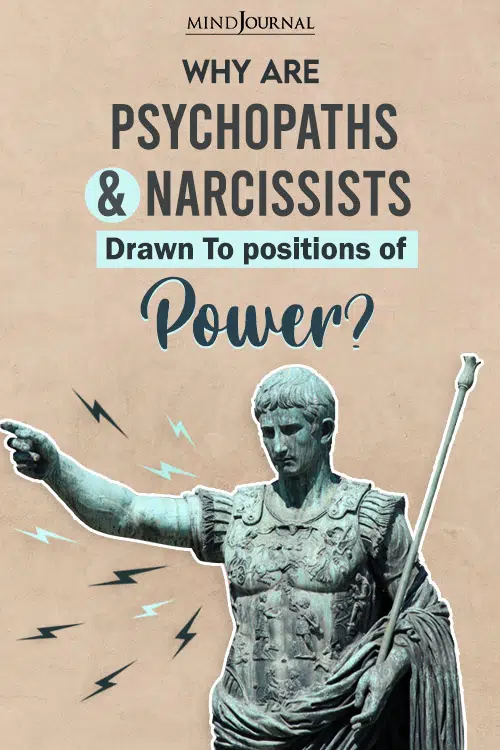
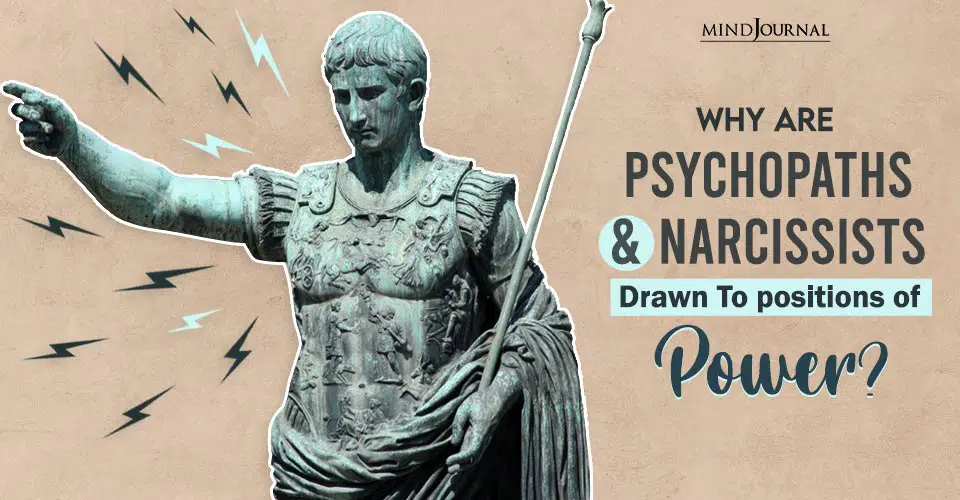






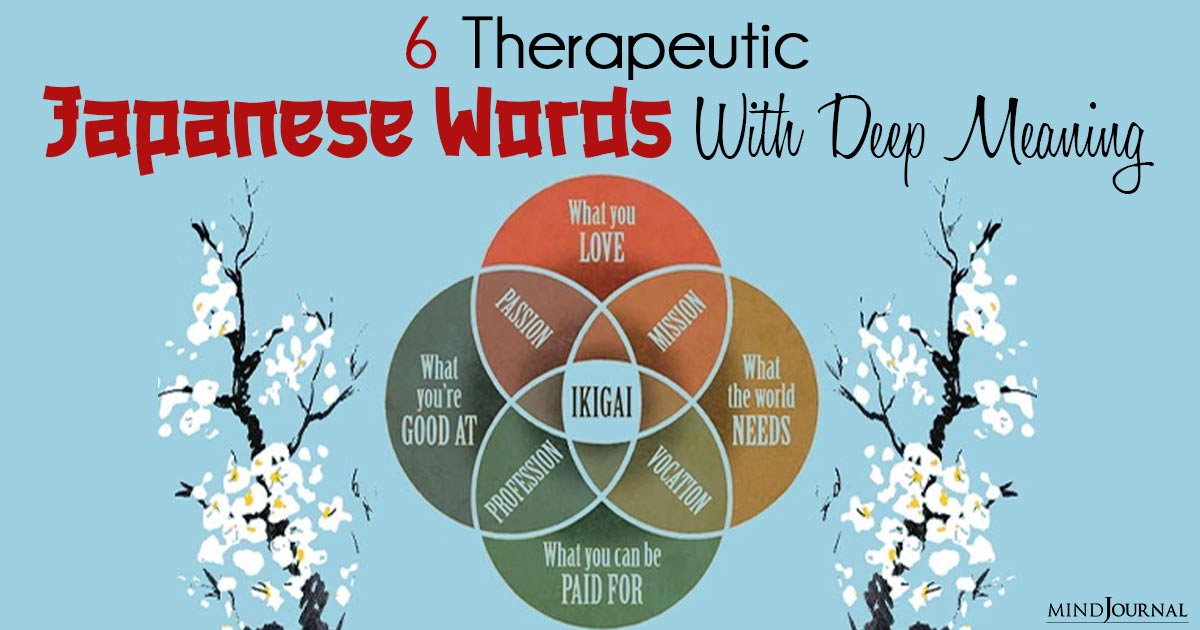
Leave a Reply
You must be logged in to post a comment.